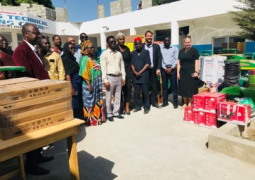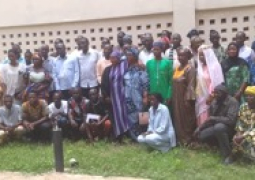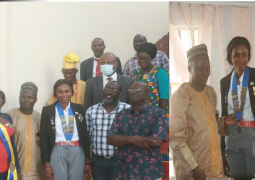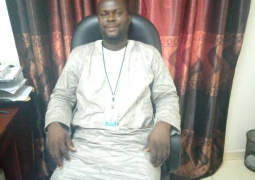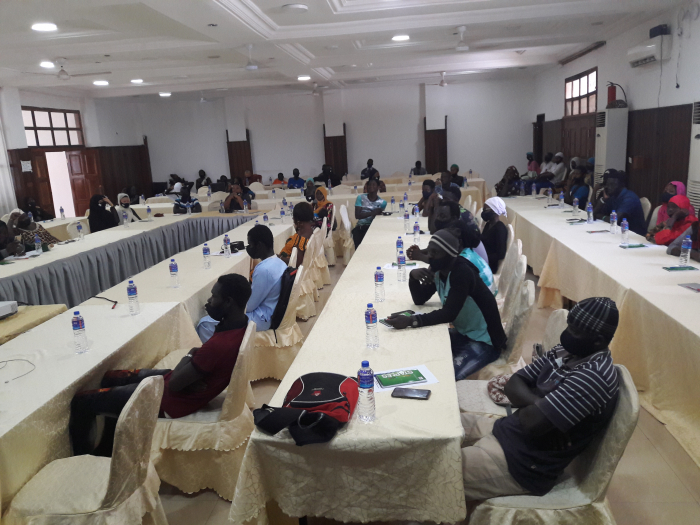
The training held at Paradise Suites Hotel, attracted marginalised people from different walks of life, where they discussed issues relating to Sexual and Reproductive Health affecting the society.
Oumie Jallow, trainee, lauded Fantanka for their foresight in initiating such an important training. The training, she added, is vital towards empowering them on Sexual and Reproductive Health related issues.
Michael Amadi Secka, a representative from the Ministry of Basic and Secondary Education (MOBSE), lamented surge in exploitation of young girls due to lack of Sexual and Reproductive Health education.
He expressed his Ministry’s resolve to closely work with Fantanka to ensure the effectiveness of Sexual and Reproductive Health education in schools.
For her part, Mariama Jobarteh, Chief Executive Officer (CEO), Fantanka, said her organisation has for the past years been at the frontline to provide educational support to persons living with disabilities.
She explained that differently-abled people are faced with growing trend of exploration in the society.
"Fantanka helps them to understand their basic sexual and reproductive health. It is also important to educate them, for them to educate other people. We have heard from people getting pregnant, STI's and other illnesses. A lot of people living with disabilities are targeted when it comes to gender-based violence for example, people they rape and are impregnated because people don't regard them as human beings," she said.
The prime objective of the organisation, she said, is to empower differently-abled persons to better understand their reproductive health matters.
She thus called on relevant stakeholders to help persons with disabilities.
"Our main focus is on young people. However, it does not matter whether you are abled or disabled. And a lot of people are disabled in The Gambia, even though we don't see them. I want people to come out and understand the impact they would have on the lives of persons living with disabilities." she concluded.


